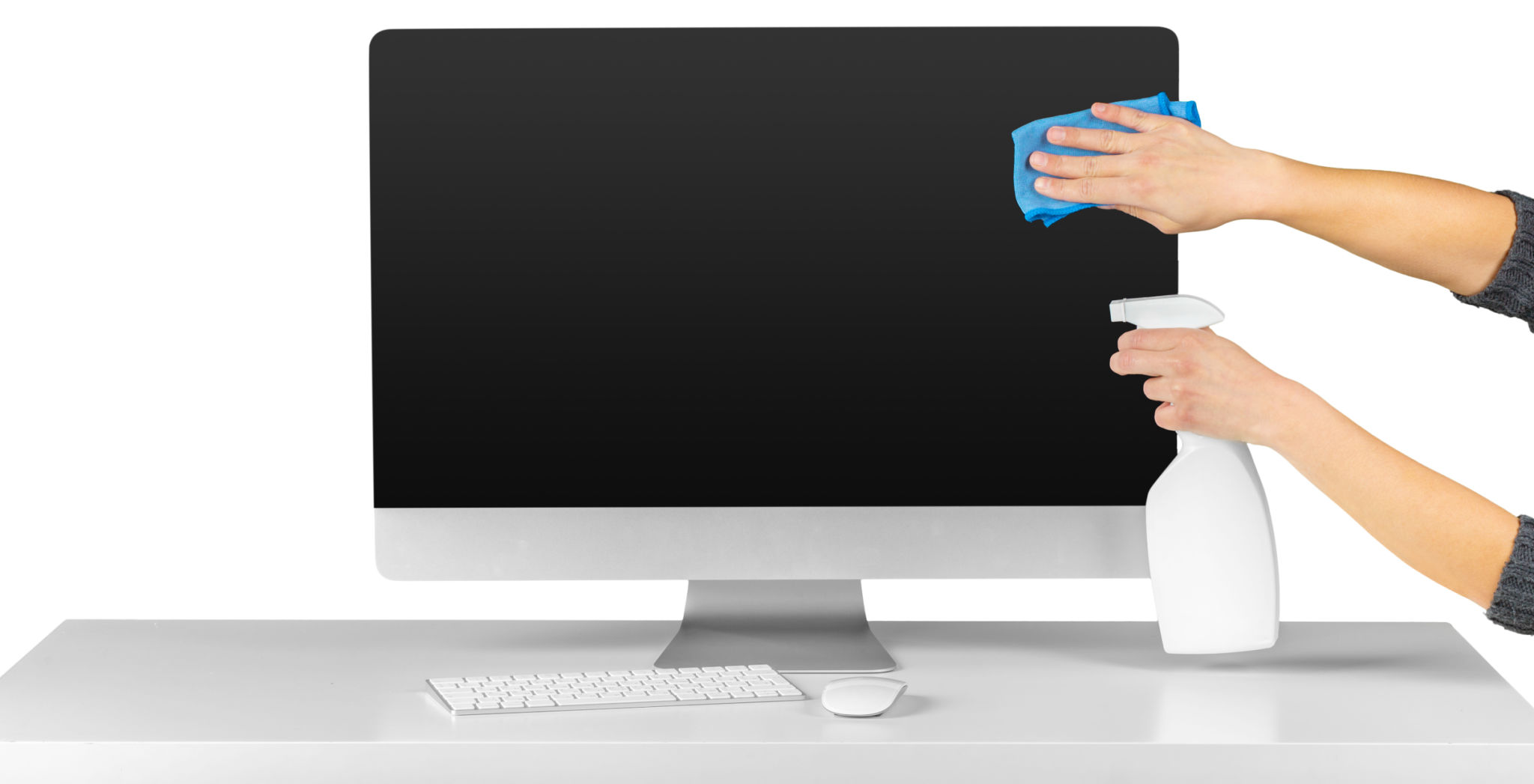Step-by-Step: How to Safely Clean Your Computer Inside and Out
Introduction to Computer Cleaning
Regularly cleaning your computer is essential for maintaining its performance and longevity. Dust and debris can accumulate inside your computer, leading to overheating and hardware issues. In this guide, we'll walk you through the steps to safely clean your computer both inside and out.

Prepare Your Cleaning Tools
Before you start the cleaning process, gather all necessary tools and materials. Here’s a list of items you will need:
- Microfiber cloth
- Compressed air can
- Small brush or toothbrush
- Isopropyl alcohol (at least 90%)
- Cotton swabs
- Soft, lint-free cloth
Turn Off and Unplug Your Computer
Safety first! Ensure your computer is turned off and unplugged from any power source. This will prevent any electrical mishaps while cleaning. Also, disconnect any peripherals like keyboards, mice, and external drives.
Cleaning the Exterior
Begin by wiping down the exterior of your computer case and monitor with a microfiber cloth. Use a small amount of water or a 50/50 mixture of water and isopropyl alcohol on the cloth to remove any stubborn stains. Be cautious not to let any liquid drip into the openings.

Cleaning the Keyboard and Mouse
Your keyboard and mouse are often the dirtiest parts of your setup. Turn them upside down and gently tap to remove loose debris. Use compressed air to dislodge crumbs and dust from between the keys. For sticky keys, lightly dampen a cotton swab with isopropyl alcohol and clean around the edges.
Cleaning the Interior
Opening your computer: Carefully remove the side panel of your computer case to access the interior components. Refer to your manufacturer's instructions if you're unsure how to do this.

Dusting Components
Use the compressed air can to blow out dust from the various components, such as the CPU fan, power supply unit, and other fans. Hold the can upright and use short bursts of air to avoid moisture buildup.
Cleaning Fans and Heat Sinks
Fans and heat sinks can accumulate a significant amount of dust, affecting their cooling efficiency. Use a small brush or toothbrush to gently dislodge dust from fan blades and heat sink fins. Take care not to bend or damage any components.
Reassemble and Test
Once you've thoroughly cleaned all parts, reattach the side panel of your case and reconnect all peripherals. Plug your computer back in and power it on to ensure everything is functioning correctly. If you notice any issues, double-check that all components are securely connected.
Conclusion
Cleaning your computer regularly is a simple yet effective way to ensure it runs smoothly and efficiently. By following these steps, you not only improve performance but also extend the lifespan of your device. Make it a habit to clean your computer at least every few months.